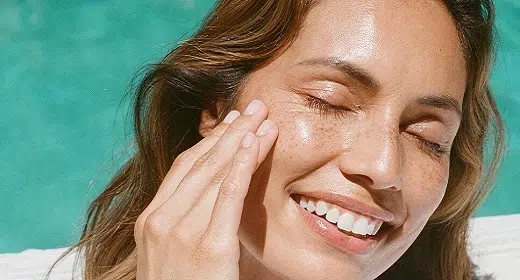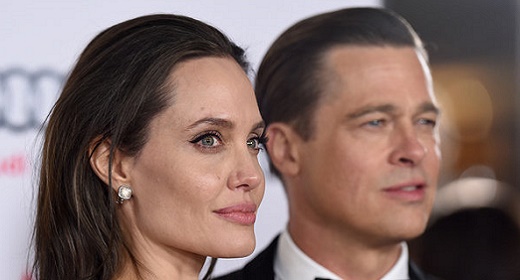by Brian Vaszily: Retinol is derived from vitamin A, which is a very powerful antioxidant nutrient that has many functions in your body, including maintaining and protecting your skin…
We are proud to announce a new partnership with John and Ocean Robbins and the Food Revolution to bring our readers Summits, Seminars and Masterclasses on health, nutrition and Earth-Conscious living.
Sign Up Today For the Healthy Brain Masterclass
What you feed your body plays a big role in how healthy it is. Nutrient-packed food, clean water, and the right herbs and spices can all support vibrant health, while processed junk food has the opposite effect.
You’ve heard that “we are what we eat.” That’s literally true; the food you chew and swallow today turns either into the tissues of your body or the energy required to power it, or it exits as waste.
But your digestive system isn’t the only way you absorb the outside world into your body. Your skin also “eats” — in this case, much of whatever you put on it, from the chemicals in shampoo and sunscreen to those in moisturizer and makeup. And the quality of those products can have a big impact on how healthy your skin is — and looks.
The comparisons to your digestive system don’t end there. Like your gut, your skin has its very own microbiome made up of millions of bacteria and other microorganisms — around 1,000 different species. This microbiome provides a barrier between your skin and the outside world and also helps to break down and utilize anything you apply to your skin.
Your skin’s microbiome can be affected negatively by toxins in skin care products (the “junk food” of the skin care world), but it can also be nourished by the right ingredients. Of course, figuring out which products are helpful and which are harmful isn’t an easy job, especially when there’s a lot of money at stake. Analysts estimate the size of the hyper-competitive skin care market was at about $100 billion in 2020, with through-the-roof growth projections for the foreseeable future. Advertising and PR firms are paid to make every product look like the greatest thing since sliced cucumbers, regardless of what long-term havoc it might cause to your skin and your overall health.
The Most Popular Anti-Aging Skin Care Ingredient
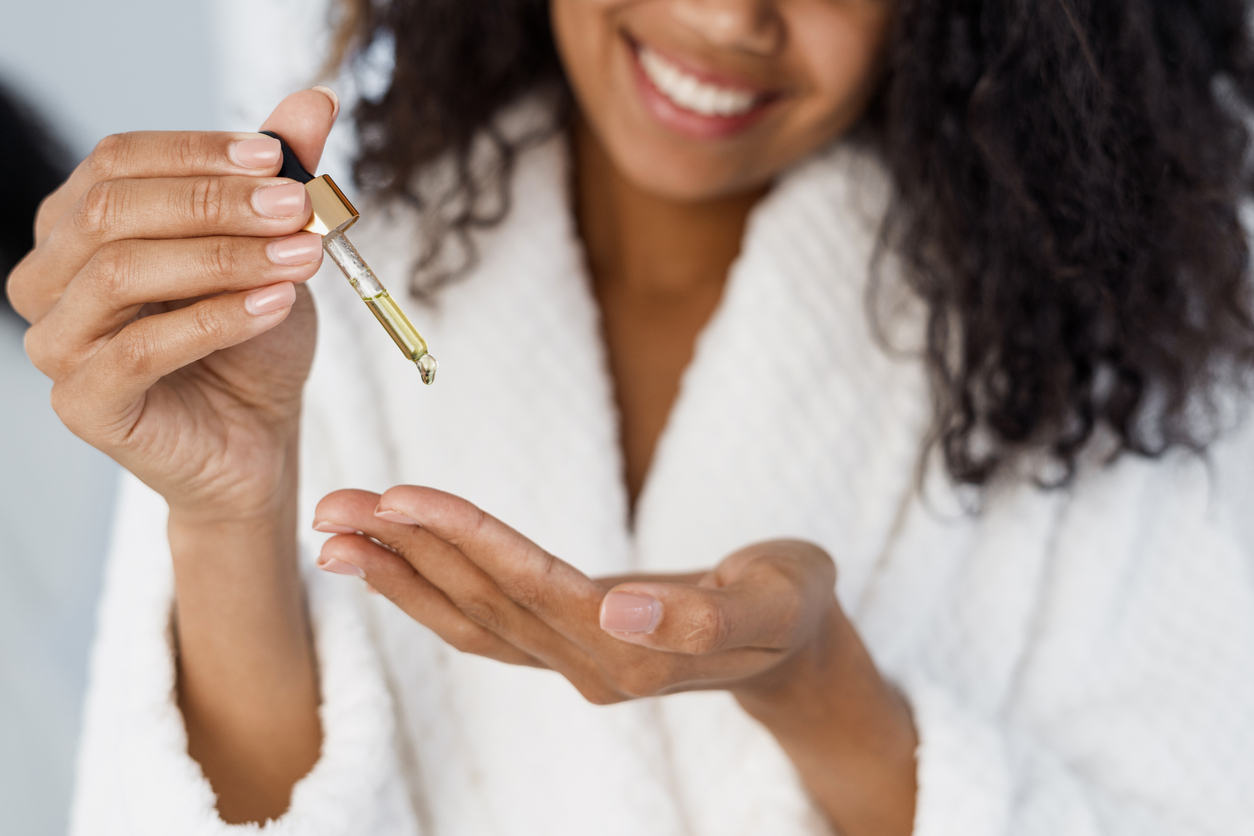
People have been searching for the fountain of youth for centuries, if not the entirety of human history. In the quest for youthful skin, folks have endured all manner of horror. Lead makeup was all the rage in 18th century Europe, helping women achieve a pale glow that was considered fashionable at the time — the beauty statement that said, “I’ve never worked a day in my life.”
Arsenic and mercury also took their turns in creams and lotions that promised to reverse the aging process. After Marie Curie’s discovery of radiation, cosmetics companies began adding radium to their products. The firm that made Radior Chin Straps explained that “a continuous steady current of energy flows into the skin, and before long the wrinkles have disappeared.”
Modern-day wrinkle care has its own downsides. For example, Botox plumps up skin and removes wrinkles by injecting into your skin the same toxin that, in larger doses, causes botulism. And it works by producing what is essentially (and hopefully!) short-term nerve damage, preventing muscles from contracting and blocking the nerve signals that cause them to fire.
Botox treatments for wrinkles have become wildly popular. In 2008, Sex and the City character Samantha famously quipped, “I don’t really believe in marriage. Now Botox, on the other hand, that works every time.”
The Key to Healthy Skin
Can we agree up front that whatever you do to achieve healthy-looking skin should not potentially shorten your life in the process? Because skin care doesn’t have to be about artificially painting or paralyzing facial muscles to create a facade of health. It can be about feeding your skin the best and most effective nutrients to protect, renew, and restore it — just as you would eat to do the same for the rest of your body.
These days, one particular ingredient is all the rage for helping skin regain its youthful glow — retinol. It’s a powerful substance with proven efficacy in supporting wrinkle-free skin, but it also has some downsides to be aware of before you start using it regularly. In this article, we’ll examine the research into retinol, and consider whether it’s more like an actual fountain of youth or a toxic imitation.
We’ll also examine an ancient skin care remedy that’s been the subject of fascinating recent research: bakuchiol. A potent plant-based compound, bakuchiol has performed similarly to retinol in clinical studies, and many skin care experts are talking about it as a superfood for your skin.
Retinol: What it Is and How it Works
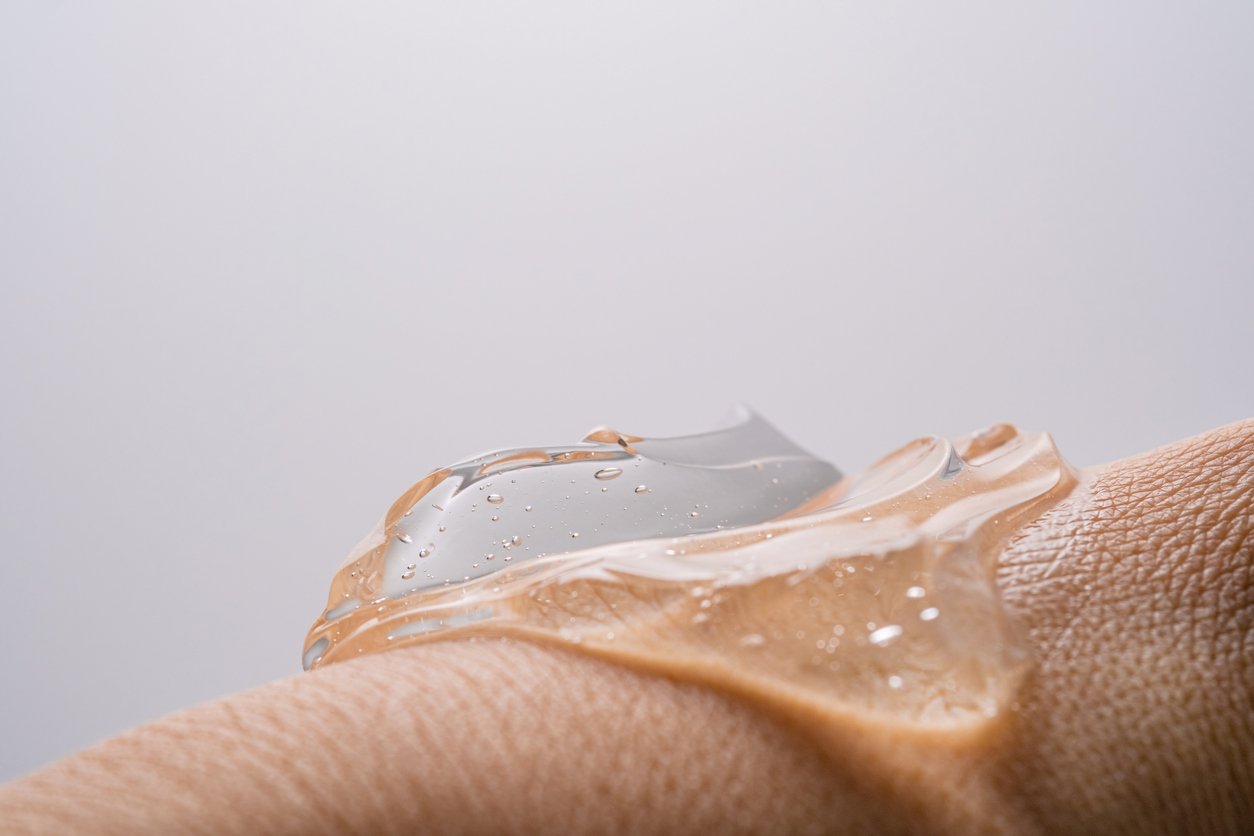
Retinol is derived from vitamin A, which is a very powerful antioxidant nutrient that has many functions in your body, including maintaining and protecting your skin. Retinol belongs to a larger group of vitamin A derivatives known as retinoids and is the strongest over-the-counter (OTC) retinoid available.
Other types of retinoids, such as retinoic acid, have stronger properties than retinol but are only available by prescription and are typically reserved for specific skin issues, such as acne.
As an OTC ingredient, retinol can be formulated into many different products, including creams, serums, targeted treatments, eye creams, and so on.
When you apply a product that contains retinol, the retinol is able to penetrate deeply into your skin (all the way to the dermis) due to its small molecular size. This is one of the properties that makes it so effective. It doesn’t just sit on top of your skin — it “feeds” it.
Once it gets into this middle layer of skin, retinol stimulates skin cell turnover, which encourages cellular regeneration and results in healthier and younger-looking skin (if all goes well).
Specific Benefits of Retinol and Retinoids
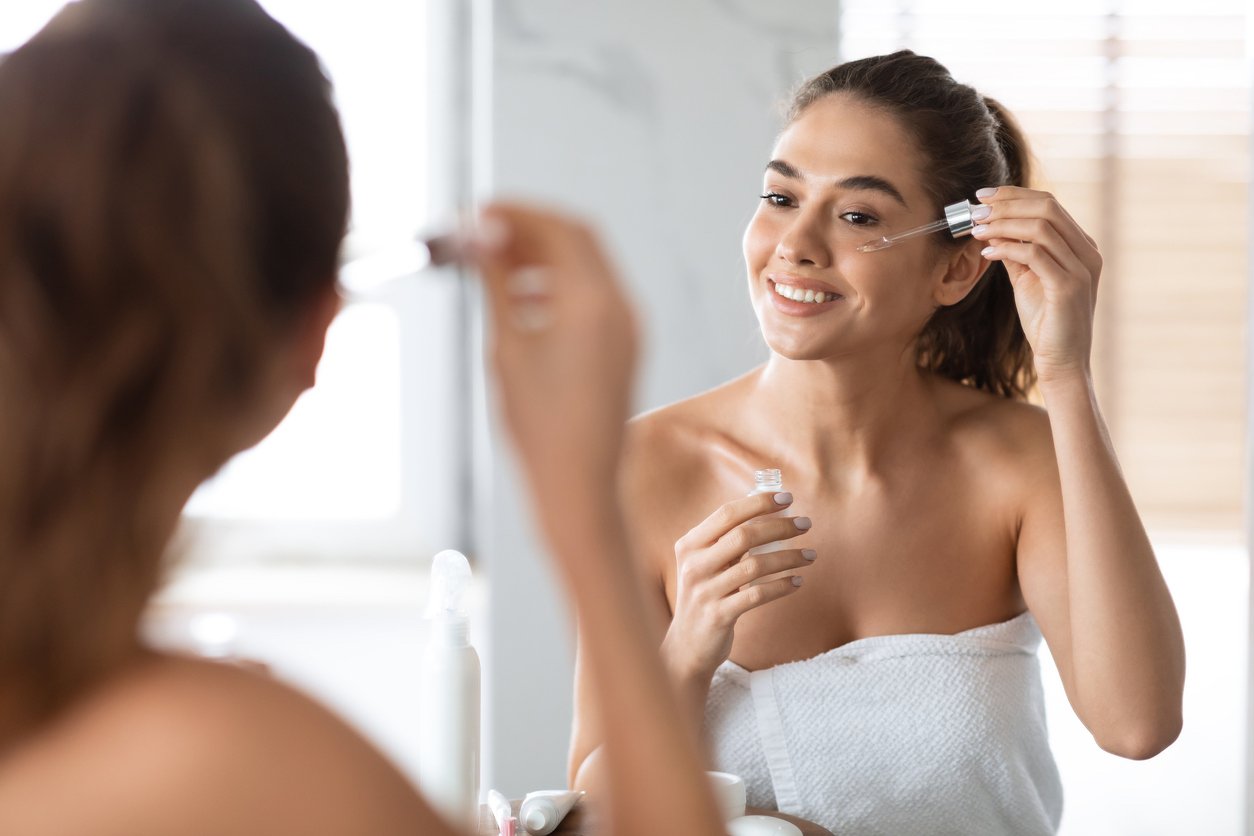
Retinol has been demonstrated to deliver several important benefits to the skin.
Boosts Collagen & Minimizes Wrinkles
One of the best things that retinol does for your skin is boost collagen production.
Collagen is a very important skin protein that helps keep your skin thick and firm. Unfortunately, it naturally degrades over time and your body starts producing less of it as you age, so boosting production is critical for minimizing signs of aging like wrinkles and fine lines.
By absorbing deeply into your skin and stimulating collagen synthesis, retinol has a “plumping” effect on your skin that reduces the appearance of wrinkles.
It typically takes a few months of using retinol regularly to notice these visible effects.
Brightens Skin & Diminishes Hyperpigmentation
Hyperpigmentation is another common sign of skin aging. This term refers to spots that are darker than your normal skin tone where a pigment known as melanin — the same pigment that might give you a darker skin color — is overproduced. These spots differ in appearance slightly based on skin color and how much melanin accumulates but can affect any skin type or tone.
Often, dark spots appear because of UV damage from overexposure to sunlight and originate in the deeper layers of your skin.
Retinol is able to encourage skin cell turnover and boost collagen production in the middle layer of skin, which has the effect of fading the appearance of dark spots, making your complexion look brighter, and helping to restore your natural skin tone.
Renews Skin Cells for a More Even Texture
There’s a common misconception that retinol is an exfoliator, but the truth is it doesn’t break up or get rid of dead skin cells like other true physical and chemical exfoliators.
It has a similar effect, however, by stimulating skin cell turnover and encouraging a constant cycle of renewal in which new cells push out the old ones. This can lead to smoother, more even skin texture and has the added effect of minimizing the appearance of pores.
Common Acne Treatment
Prescription retinoids are one of the most commonly used acne treatments, and retinol itself may have some benefits for milder breakouts.
One of the reasons retinoids can be effective is because they help to keep pores unclogged and help regulate sebum production. They do this mainly by encouraging better skin cell turnover — the same mechanism that helps skin to look younger.
In addition, retinol and retinoids both have anti-inflammatory properties, which are very helpful for acne-prone skin.
The Negative Side of Retinol and Retinoids
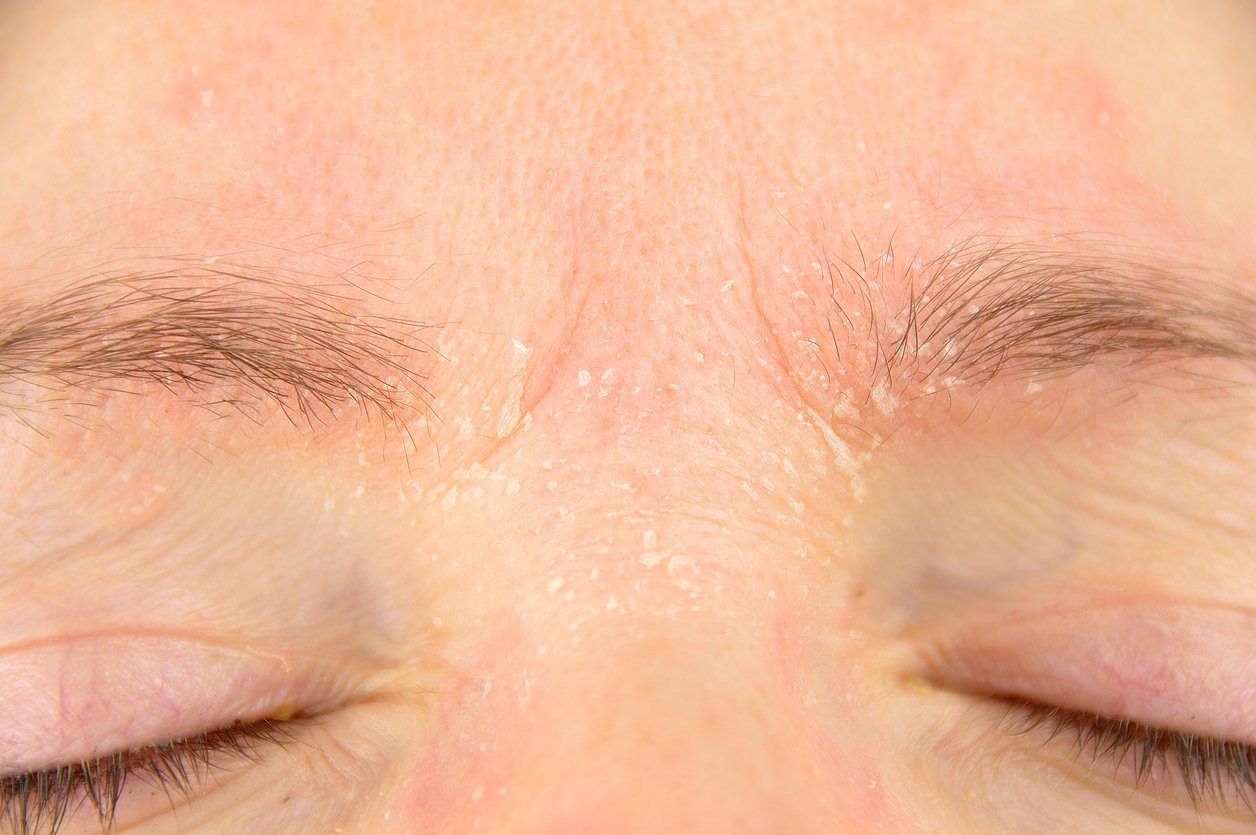
While retinol offers significant benefits, it also comes with risks that may counterbalance some of those positive effects.
Not Plant-Based & Potentially Synthetic
If you care about where your skin care ingredients come from, it’s important to know that no retinol or retinoid product has a plant-based origin.
Retinoids are an active form of vitamin A and are only found from animal sources (liver, fish, eggs, etc.). The plant-based form of vitamin A is known as beta-carotene, an antioxidant which cannot be formulated into retinol.
Any products that are advertised as vegan retinol contain synthetic retinol, not a plant-based version — because such a thing doesn’t exist.
Retinol Has the Potential to Seriously Irritate Skin
In part because retinol is such a strong ingredient, one of its biggest downsides is the possibility that it will significantly irritate your skin.
Known side effects of using retinol or retinoids include redness, peeling skin, irritation, burning or stinging, and dryness. Some of these side effects are considered “normal” while your skin adjusts to new usage of retinol and are expected to go away with time. But the irritation doesn’t go away for everyone, and can instead worsen the more you use retinol.
If you are someone who is especially sensitive to retinol, you may experience even more serious side effects like blistering skin or discoloration.
Retinol May Increase Sun Sensitivity
Even though it reduces certain signs of aging, retinol can be problematic because it may increase the sensitivity of your skin to the sun. While some sunlight each day is great for vitamin D production, overexposure to UV rays is one of the biggest accelerators of premature skin aging.
According to the Skin Cancer Foundation, retinol increases sun sensitivity by constantly stimulating skin cell renewal. New layers of skin cells are more delicate than the old ones and therefore much more susceptible to UV damage.
Another serious consideration is that some animal studies have shown that applying retinoids to the skin increases tumor growth upon exposure to synthetic sunlight. (FRN’s view on the use of animals in medical research is here.) This suggests that retinol may have the potential to increase your skin cancer risk, which is not good news.
Retinol May Be Especially Hard on Sensitive or Inflamed Skin
While retinol can cause irritation for any skin type, it can be especially hard on sensitive skin and can cause a flare-up if you have certain skin conditions.. For example, the National Eczema Association even recommends avoiding retinol products if you have eczema.
Something else to note is that retinol can make your skin more sensitive to other products and shouldn’t be combined with certain ingredients. In general, avoid using retinol alongside strong exfoliators (like AHA or BHA), benzoyl peroxide, and anything that tends to dry out your skin.
Not for Use During Pregnancy
A final consideration to keep in mind is that retinoids are generally discouraged during pregnancy. Oral retinoids, like isotretinoin, may cause serious birth defects, and even topical retinoids have not been conclusively proven to be safe for an unborn baby.
Enter Bakuchiol — A Natural “Retinol” for Your Skin
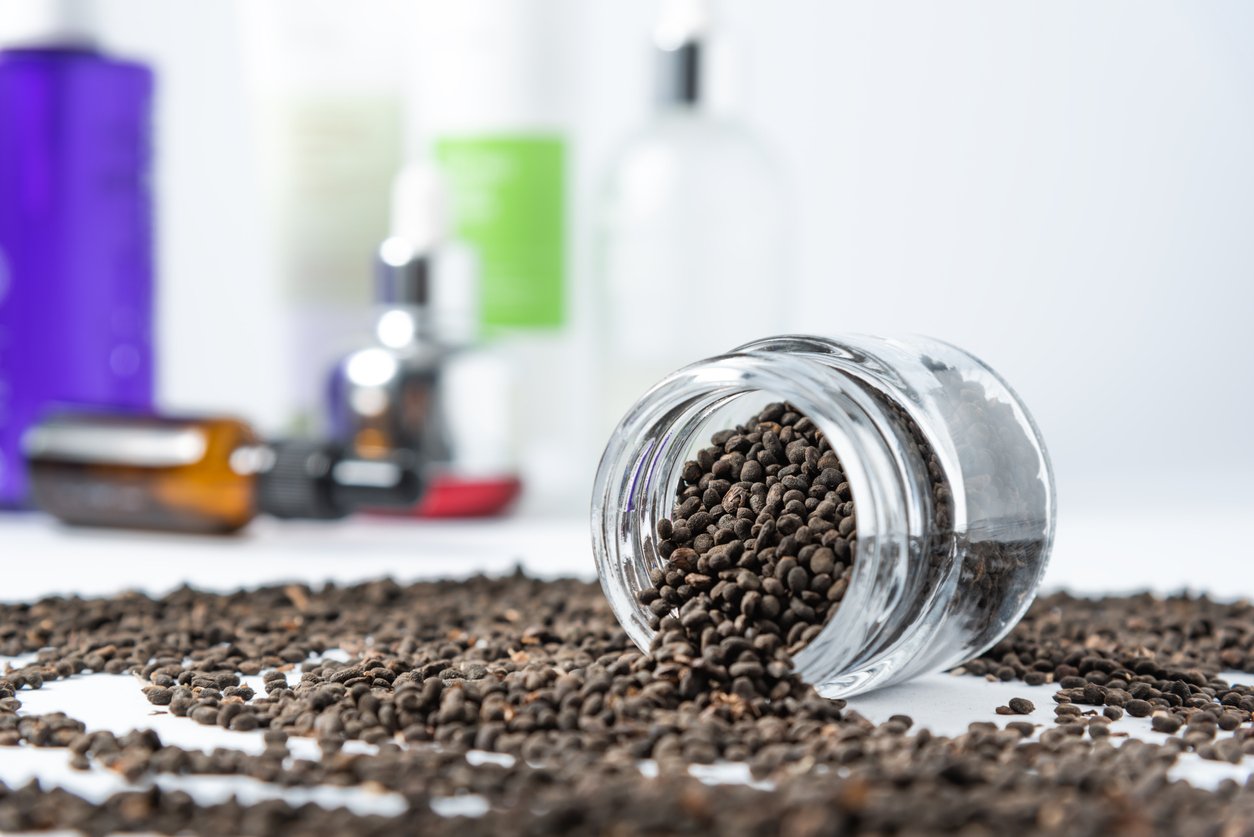
Plant-based retinol may not exist, but there is a traditional skin care ingredient that appears to be just as effective and 100% natural: bakuchiol.
Bakuchiol is a powerful compound found in the babchi plant (Psoralea corylifolia), a medicinal plant and herb that has long been used in Ayurveda and traditional Chinese medicine.
Babchi has a fascinating history of being used for numerous skin ailments and has been studied because of its antimicrobial, anti-inflammatory, and antioxidant properties. Every part of the plant — roots, leaves, flowers, stems, and seeds — has been used to treat various skin issues, even earning it the nickname “Kushtanashini” (leprosy destroyer).
More recently, researchers discovered that bakuchiol, one of the main active compounds in the babchi plant, could be extracted and used as a powerful skin care ingredient.
Babchi oil is also a beneficial source of bakuchiol, containing numerous plant compounds as well as fatty acids that are nourishing and hydrating for skin.
Top Benefits of Bakuchiol
Let’s look at what bakuchiol does for the skin and how it measures up as an alternative to retinol.
Stimulates Collagen Production & Combats Wrinkles
One of the biggest benefits of bakuchiol is the effect it has on collagen.
Essentially, bakuchiol stimulates collagen production in your skin (much like retinol) and helps to protect existing collagen due to its antioxidant properties.
Studies have found that applying a bakuchiol product daily can improve the appearance of fine lines, wrinkles, and other signs of aging. The bakuchiol also improved skin firmness, which helps prevent new wrinkles from forming.
This doesn’t happen overnight, but anti-aging results were noticeable within 12 weeks.
Brightens Skin & Fades the Appearance of Dark Spots
Fine lines and wrinkles aren’t the only signs of skin aging that bakuchiol can help with.
The same study that looked at its effects on collagen and wrinkles also found that bakuchiol can brighten your skin and fade the appearance of hyperpigmentation, including dark spots. In fact, an “overall reduction in photodamage” was noticed by the researchers, which puts bakuchiol at the top of the list of resources that can help with UV-damaged skin.
As a bonus, bakuchiol (and babchi oil) has anti-inflammatory properties that help to calm the appearance of redness and make your skin tone look brighter and more even. This makes bakuchiol a great alternative to retinol.
Improves Skin Elasticity & Texture
While collagen is very important for keeping skin plump and wrinkle-free, there’s another key factor for youthful skin — elasticity.
Elasticity refers to the ability of your skin to “bounce back” from damage and from being stretched. It helps to counteract the forces of gravity, keeping your skin from looking loose or saggy.
Unfortunately, elasticity is another characteristic of skin health that normally degrades as you age, but not irreversibly so. After 12 weeks of use, bakuchiol was found to have anti-aging effects, improve elasticity as well as overall skin texture.
Comparable to Retinol in Studies (Without the Side Effects)
If you’re thinking now that bakuchiol and retinol have very similar benefits, you’re right.
In fact, a clinical trial from 2018 compared the two of them side by side and discovered almost identical results. Both effectively decreased wrinkles and hyperpigmentation with “no statistical difference between the compounds.”
The main difference between the two was that bakuchiol was much better tolerated than retinol with few to no adverse effects. Other research confirms this, finding that bakuchiol does not have the “usual retinol therapy-associated undesirable effects.”
This makes bakuchiol an excellent alternative to retinol for those with sensitive skin — and for anyone seeking a natural, highly effective, plant-based skin care resource.
Antioxidant Protection Against Photodamage
Another big difference between bakuchiol vs retinol is that bakuchiol has not been shown to increase sun sensitivity in any studies.
Instead, bakuchiol possesses antioxidant properties that may help to protect your skin from UV-induced photodamage. Antioxidants also help to protect the existing collagen and elastin in your skin and combat free radicals that can accelerate skin aging.
Plant-Based, Vegan, & 100% Natural
Unlike retinol, bakuchiol comes directly from a plant. Whether you use it in the form of babchi oil or as an isolated compound added to skin care products, you can be sure that you’re using a natural, vegan skin care ingredient.
Of course, you’ll want to make sure that any product with babchi oil or bakuchiol also contains other ingredients that are natural and toxin-free. Choose USDA Certified Organic (or an equivalent in other countries) to be sure you are getting a safe, chemical-free alternative to retinol.
Editor’s Note: A Healthy Skincare Resource
Brian Vaszily, the author of this article, founded an organic, clean skin care brand, Purity Woods, to research and promote the healthiest and most effective products to support beauty and wellness, inside and out.
A popular bakuchiol product from Purity Woods is their Age-Defying Eye Cream. It’s a USDA Certified Organic eye cream that contains organic babchi oil (with bakuchiol), plus 20 other pure botanical ingredients that work together effectively to promote healthy, youthful-looking skin around your eyes. All of the benefits of bakuchiol you just read about are combined with elastin-boosting maple leaf extract, collagen-boosting vitamin C ingredients, and top natural moisturizers such as mango seed butter and rosehip seed oil. The result is a formula that can diminish the appearance of under-eye bags, dark circles, crow’s feet, and other signs of aging.
Right now, the Age-Defying Eye Cream is available to Food Revolution Network readers for a very special price. Plus, if you buy from this link, Brian will contribute a small share of the proceeds to support FRN’s work. Head here to learn more about the Age-Defying Eye Cream.
We are proud to announce a new partnership with John and Ocean Robbins and the Food Revolution to bring our readers Summits, Seminars and Masterclasses on health, nutrition and Earth-Conscious living.
Sign Up Today For the Healthy Brain Masterclass







